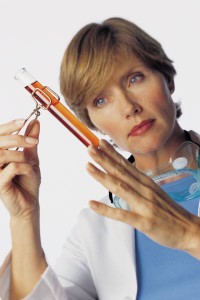How long do side-effects last? When will medication work?
A common question bipolars and depressives ask is about the duration of side-effects and delay for effective treatment. These are completely reasonable and understandable questions. unfortunately, the answers aren’t great...
Read More








Recent Comments